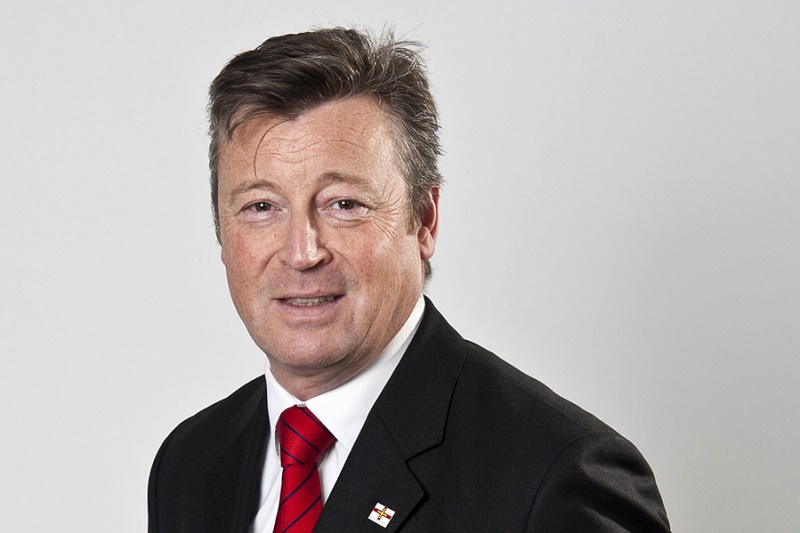Wheatley spoke with IA during a recent trip to the UK in the aftermath of the Paradise Papers hack, which saw 13.4 million documents stolen from Bermuda-headquartered law firm Appleby.
“I’m spending a good deal of time trying to educate people. The key issue around the Paradise Papers is to make sure that people are aware that there are legitimate things that are done in the international environment which are better done offshore.”
He also disputes the amount of money people and governments believe is offshore. “This is where people’s imagination runs a bit riot and they think this money sits offshore when it doesn’t. All the money that comes into the Channel Islands funnels straight into London.
“We are a conduit into London, we are not a holding place. There aren’t big vaults of hidden money.”
Fulfilling obligations
Wheatley is also spending a lot of time emphasising Guernsey Finance’s four obligations and clarifying its position as an international finance centre.
He explained that these are “not to tax other people’s money and take their tax revenue; to tax what we do appropriately in the context of our own tax regime; to routinely provide all the data necessary for other tax authorities to understand exactly what is happening in Guernsey so that they can see what’s happening, decide whether or not they are happy with it and take appropriate action if they are not”.
“And, in the unlikely circumstance that they find any evidence of wrongdoing, provide additional information of specific cases so that they can investigate it fully,” Wheatley added.
“We do all of that. We can’t collect the tax for them, that’s beyond our remit. But we are providing everything that is necessary for the UK to collect the tax revenues that are due to it.
“I’m not quite sure what more we’re expected to do.”
Beneficial ownership
Some of the information passed to authorities in other countries comes from the island’s beneficial ownership register, which is not open to the public. Another misconception that Wheatley would like clarified is the belief that, as it is not public, that Guernsey’s register is not effective.
“The UK’s is public, but it’s not verified. There is no actual verification or audit process to ensure that the information on the database is correct or up to date. It may have been in the past and is now out of date, but equally it may never have been correct because you can just put in whatever you want. It also doesn’t insist that the ultimate beneficial owner is named. It’s not complete.
In contrast, the Guernsey register includes the ultimate beneficial owner and the chain of ownership, he said.
“It is verified, current and audited. Our beneficial ownership register is a very, very reliable source of current information in a timely manner to relevant authorities.
“We meet the public interest, not public curiosity and we respect the legitimate privacy and confidentiality of client affairs.”
He added: “Imagine if that Appleby data had been medical data – people would have had a very, very different attitude towards it. I think people would have been up in arms if some hacker had stolen and someone then published a load of medical data.
“There is legitimate privacy in this world and that applies to high-profile people as much as anyone else. What’s more, nothing that came out of the Paradise Papers actually legitimised the theft of that information,” Wheatley said.








